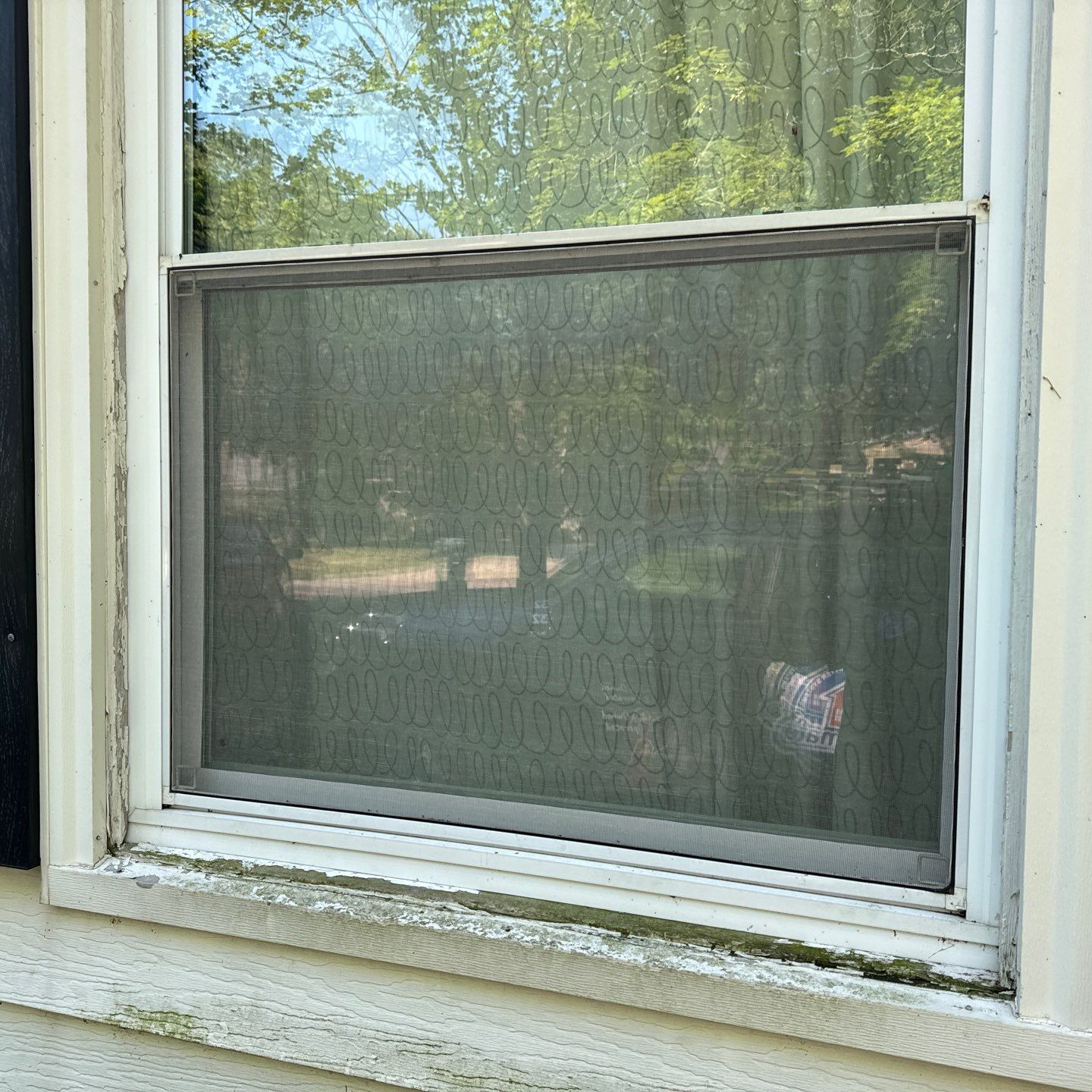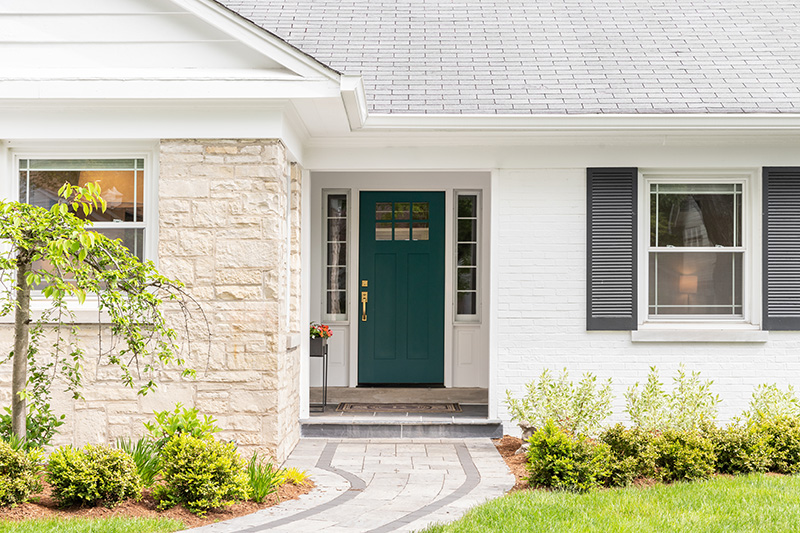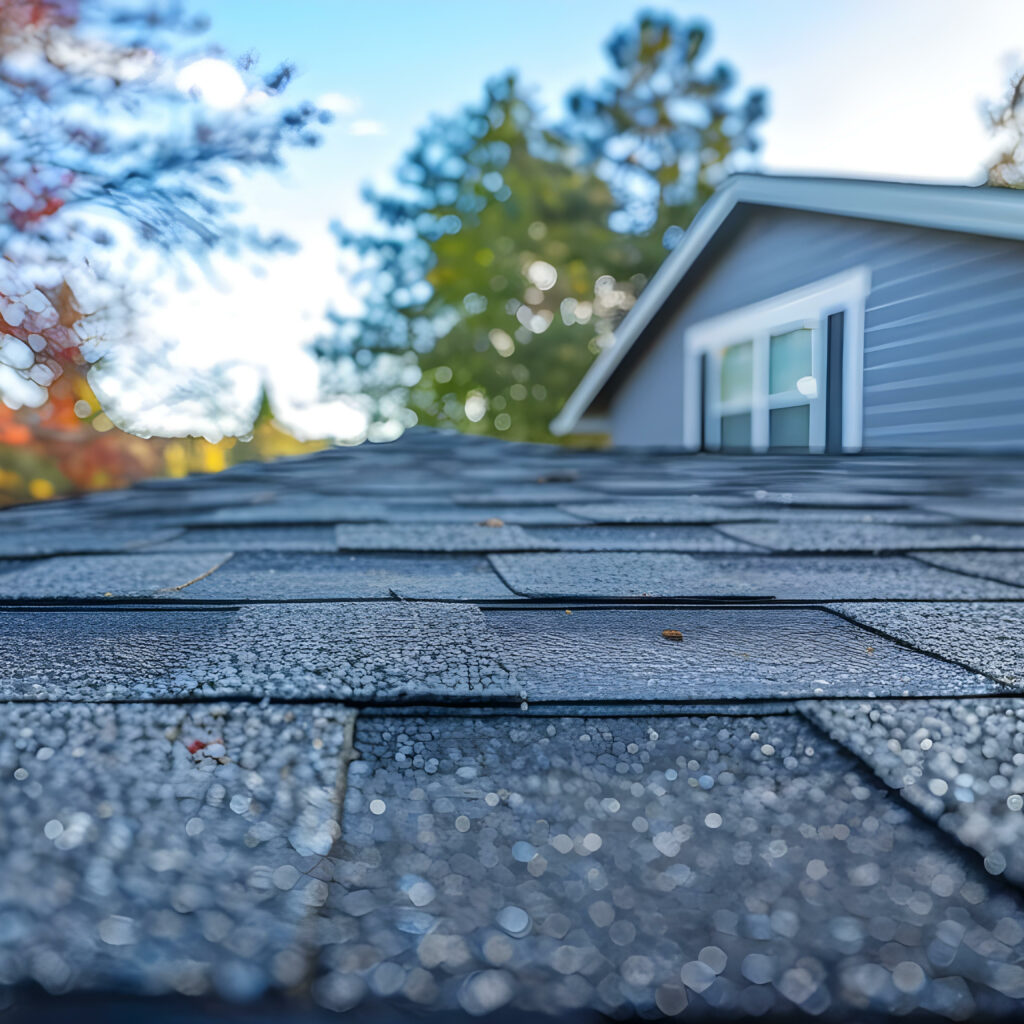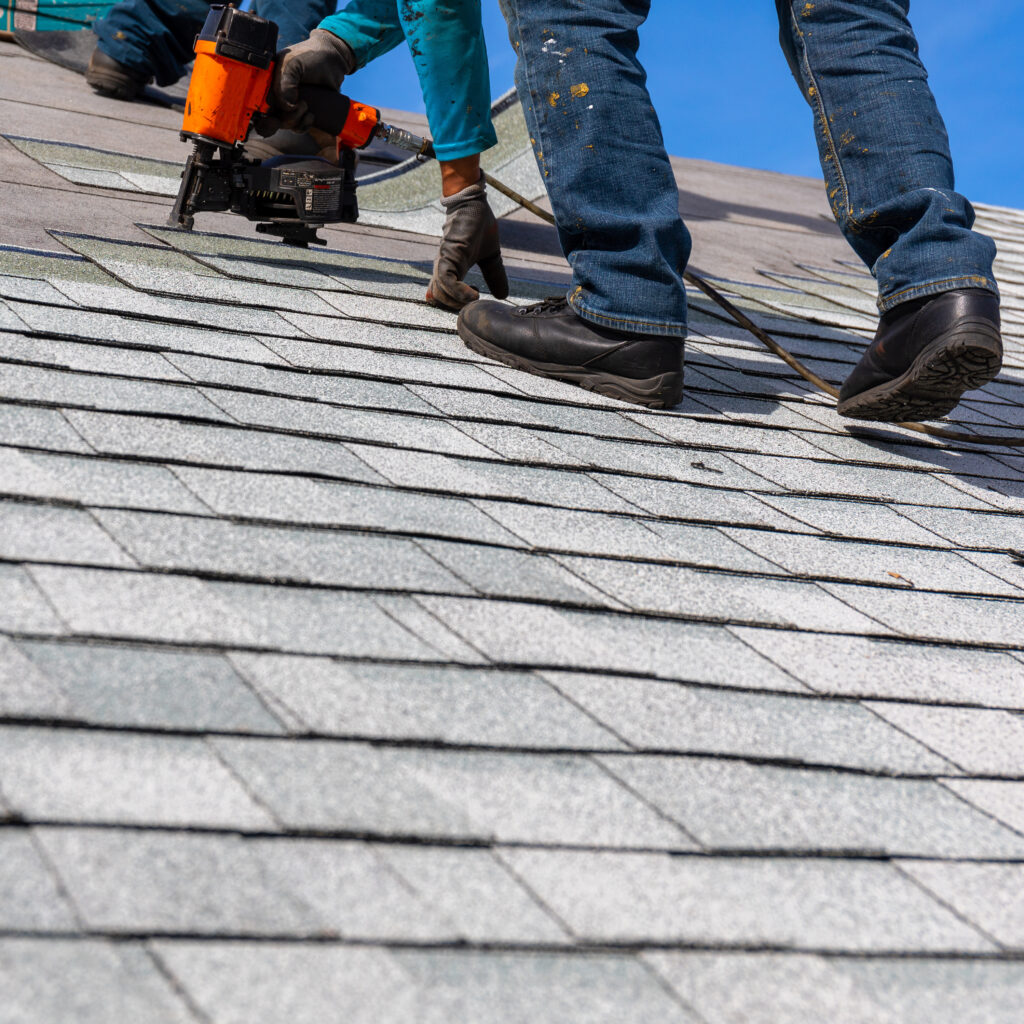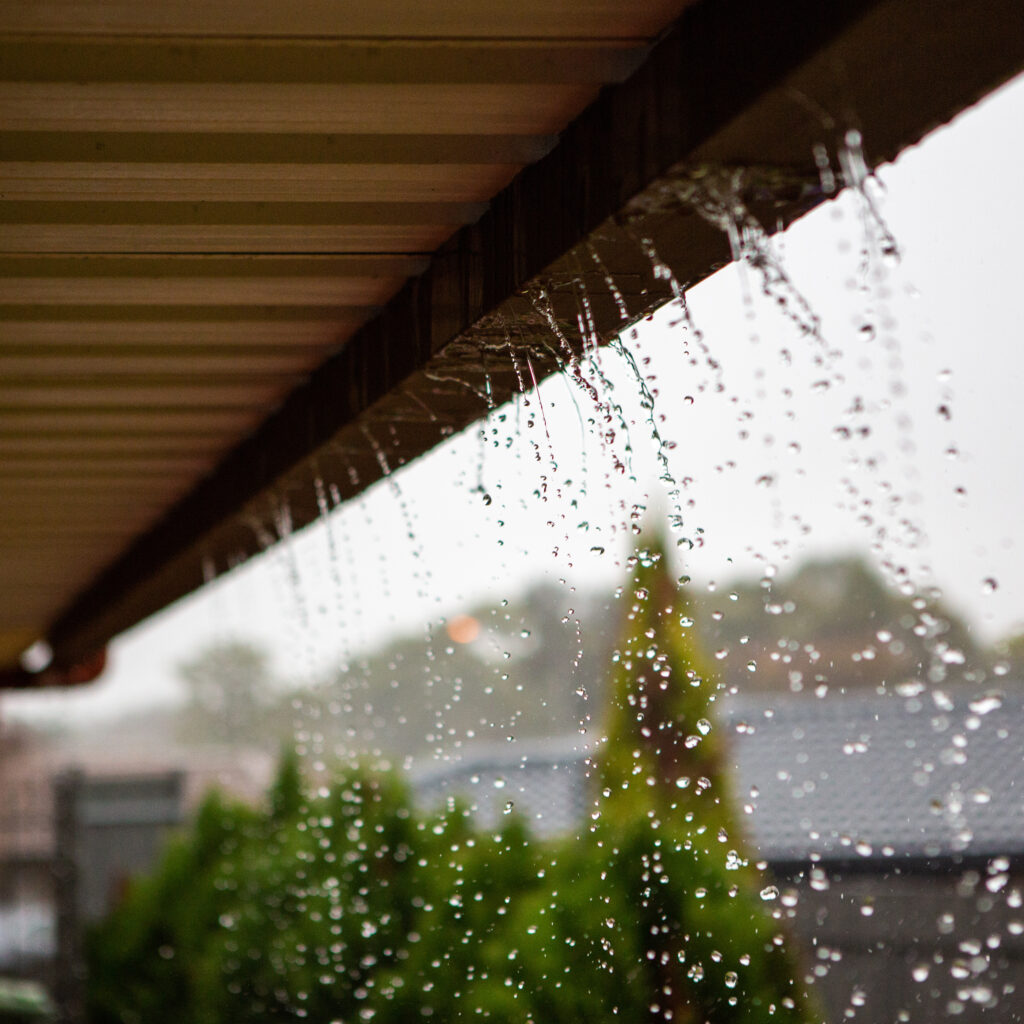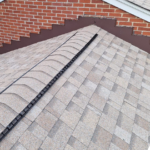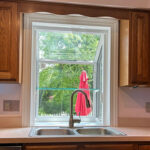When is it Time to Replace My Windows?
Windows are a very important part of your home, contributing to its aesthetic appeal and its energy efficiency, comfort, and security. However, over time, windows can deteriorate, losing their effectiveness and potentially costing you more in energy bills and home maintenance. So, how do you know when it’s time to replace your windows? Here are some key signs and considerations to keep in mind.
Signs Your Windows Need Replacing
Drafts and Temperature Fluctuations: If you often feel drafts near your windows or notice that certain rooms are consistently colder or warmer than others, your windows might be the culprit. Poor insulation due to aging windows allows air to leak, making it difficult to maintain an indoor temperature. This not only affects your comfort but also forces your heating and cooling systems to work harder, leading to increased energy bills.
Visible Damage or Decay: Inspect your windows for visible signs of wear and tear. Look for cracks in the glass, warping of the frames, or decay, particularly in wooden windows. These issues can ruin the structural integrity of the window. It allows water to get in, which can lead to further damage to your walls and floors. Also, damaged windows are easier to break, which lessens the security of a home.
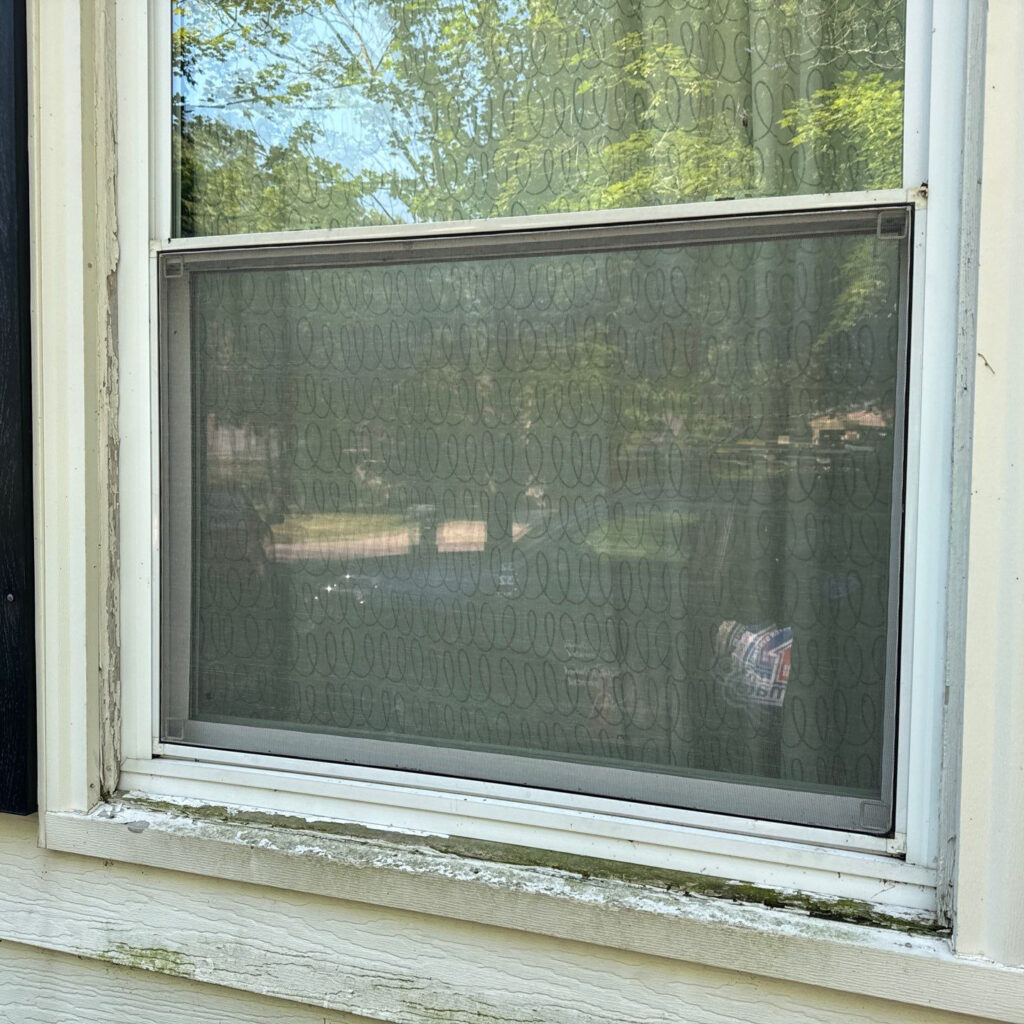
Difficulty in Operation: Windows should open and close smoothly without much effort. If your windows are sticking, jamming, or refusing to stay open, it’s a clear indication that they’ve outlived their time. This can be due to warping, rusting, or the frame moving with temperature changes. This is inconvenient and it can be a safety risk when you need to open windows quickly.
Condensation Between Glass Panes: Modern windows often feature double or triple glazing, which helps in insulating your home. If you notice condensation or fogging between the glass panes, it means the seal has failed. This allows moisture to get in. This reduces the way that the window stays insulated. It also leads to energy inefficiency and possible mold growth, which can be harmful to health.
Increased Energy Bills: One of the most telling signs that your windows need replacement is a noticeable increase in your energy bills. As windows age, their ability to insulate your home lessens, causing your HVAC system to work more to maintain a comfortable temperature. If you’ve noticed an increase in your heating or cooling costs without a clear reason, your windows might be to blame. This means that it might be time to replace your windows.
Outside Noise: A good quality window helps to keep out outdoor noise. If you’ve started noticing more noise from outside such as traffic, construction, or loud neighbors, it could be a sign that your window’s noise-canceling capabilities are weaker. Newer windows with double or triple glazing are designed to lessen noise. This makes your home a quieter and a more peaceful place to live.
Additional Considerations for Window Replacement
Age of the Windows: If your windows are more than 15-20 years old, it’s likely time to consider replacement, even if they aren’t showing obvious signs of failure. Technology and materials used in window manufacturing have improved significantly in recent years, and newer windows are far more energy-efficient and durable.
Material Deterioration: Different window materials have different lifespans. Wooden frames, for example, are prone to rot and require regular maintenance. Vinyl windows, while more resistant to weathering, can still crack over time. The condition of the material determines whether repairs are possible or if replacement is the better option.
Improved Energy Efficiency: New windows are designed with advanced technology that improves your home’s energy efficiency. Features like Low-E (low emissivity) glass, gas fills between panes, and better sealing techniques can reduce your energy consumption. To learn more about window energy efficiency, click here.
Home Value: Replacing old windows can increase your home’s resale value. Potential buyers are often looking for homes with energy-efficient features, and new windows can be a major selling point. They not only improve curb appeal but also assure buyers that they won’t need to invest in window replacements anytime soon.
The Benefits of Window Replacement
Replacing your windows is more than just a cosmetic upgrade; it’s an investment in your home’s future. New windows offer enhanced insulation, reducing your energy costs and environmental footprint. They also improve security with better-locking mechanisms and tougher materials. Moreover, modern windows come in a variety of styles and finishes, allowing you to update your home’s look while increasing its market value.

